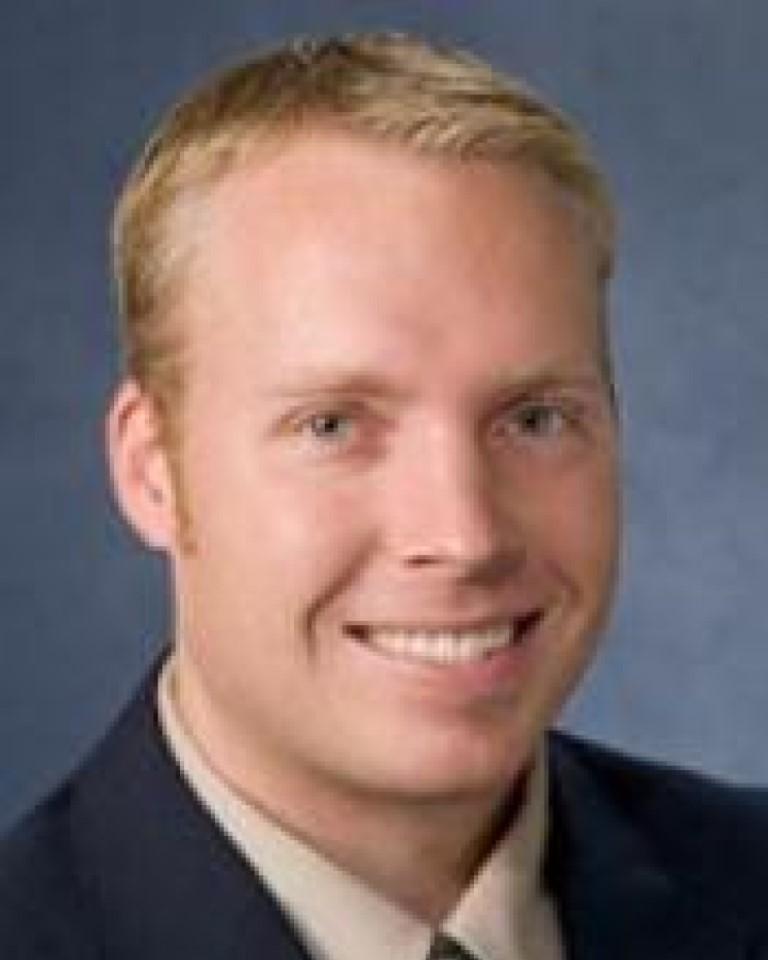Chris Elles

MENTOR SPOTLIGHT | OCTOBER 2017
Department: Chemistry
Describe your work in a few sentences that we can all understand: My group uses lasers to study chemical reactions. For example, we can use pulses of light from a laser to give molecules a “kick,” and then measure the motions of the atoms and electrons as the molecules react. It’s basically like making a movie of the chemical reaction, except in an indirect way because we can’t actually see the molecules.
Q: How did you first get interested in doing research?
A: One of my professors suggested that I join a research group when I was an undergraduate. I looked into a few groups, liked everything I saw, joined one of the groups, and here I am 20 years later!
Q: What do students in your discipline learn by doing research that they wouldn’t learn by just taking classes?
A: Hopefully they learn a deeper appreciation for science-- not just “what” we know about the world around us, but also “how” we know it (and maybe even “why” we care!). Science is about a lot more than what makes it into the textbooks.
Q: What do you find to be the most exciting part of doing research or creative work? What makes this line of work meaningful and interesting to you?
A: The most exciting part of research for me is that we get to work in a lot of different areas all at once. There are so many different things that have to come together for our experiments to work that we get to spend a lot of time doing different (and mostly fun) things. We work with optics to make the laser run, design electronics to detect the signals, write code to collect and interpret the data, a little chemistry to make the samples, and then the really fun part of trying to make sense of what we’ve measured. I like the challenge of putting it all together, and especially the excitement when an experiment does finally work out.
Q: What advice do you have for undergraduates interested in doing research in your field?
A: Get involved! The sooner, the better; but it’s never too late! Doing undergraduate research is about a lot more than simply working in the lab. It’s also about seeing how things work behind those mysterious lab doors, talking with graduate students and postdocs about how they got here, and gaining experience that you just can’t get from taking courses.
Q: For many students, doing research or a larger creative project is the first time they have done work that routinely involves setbacks and the need to troubleshoot problems. Can you tell us about a time that your research didn’t go as expected? Or about any tricks or habits that you’ve developed to help you stay resilient in the face of obstacles?
A: It can be frustrating when things don’t go according to plan. On the other hand, troubleshooting problems is part of the appeal of science. That’s when you get to think creatively and be challenged. I think you have to have that mentality, because research rarely goes exactly the way you expect. After all, if you could always predict the outcome, what would be the point?
Q: How do you spend your time outside of work?
A: Mostly with my family. My kids are 7 and 4, so I try to spend a lot of time playing with them, coaching teams, etc. I also like to travel and explore new places.